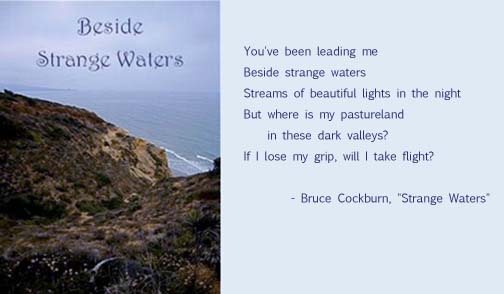Often, nonfiction books can give us some clues. For instance, Hallucinations by Oliver Sacks is about actual hallucinations, their characteristics, and the underlying medical or physical conditions associated with them. Sacks is a neurologist who writes clear, interesting and informative prose; the book deals with drug- and sensory-deprivation-induced hallucinations as well as those associated with medical conditions such as dementia or blindness. It doesn't deal with hallucinations associated with mental illness, which is actually rather scary, because you find yourself thinking Anyone, even me, could suddenly begin to hallucinate. That's not a happy thought.
However terrifying the implications might be, books like this are especially helpful to SF and fantasy writers, because so often we write about people in extreme or unusual circumstances. Perhaps our main character is the last living person on a spaceship or a dying world. What would he see and hear? Perhaps one of our characters has just imbibed an unusual drink given to her by one of the fae. What would she experience?
Read Hallucinations, and you can make better, more believable guesses.
 |
| http://www.oliversacks.com/books/hallucinations/ |
Learning is an important part of living the creative life.
Most creative people are curious,
and would probably describe themselves as lifelong learners and/or readers.
What kind of learner and reader are you?
